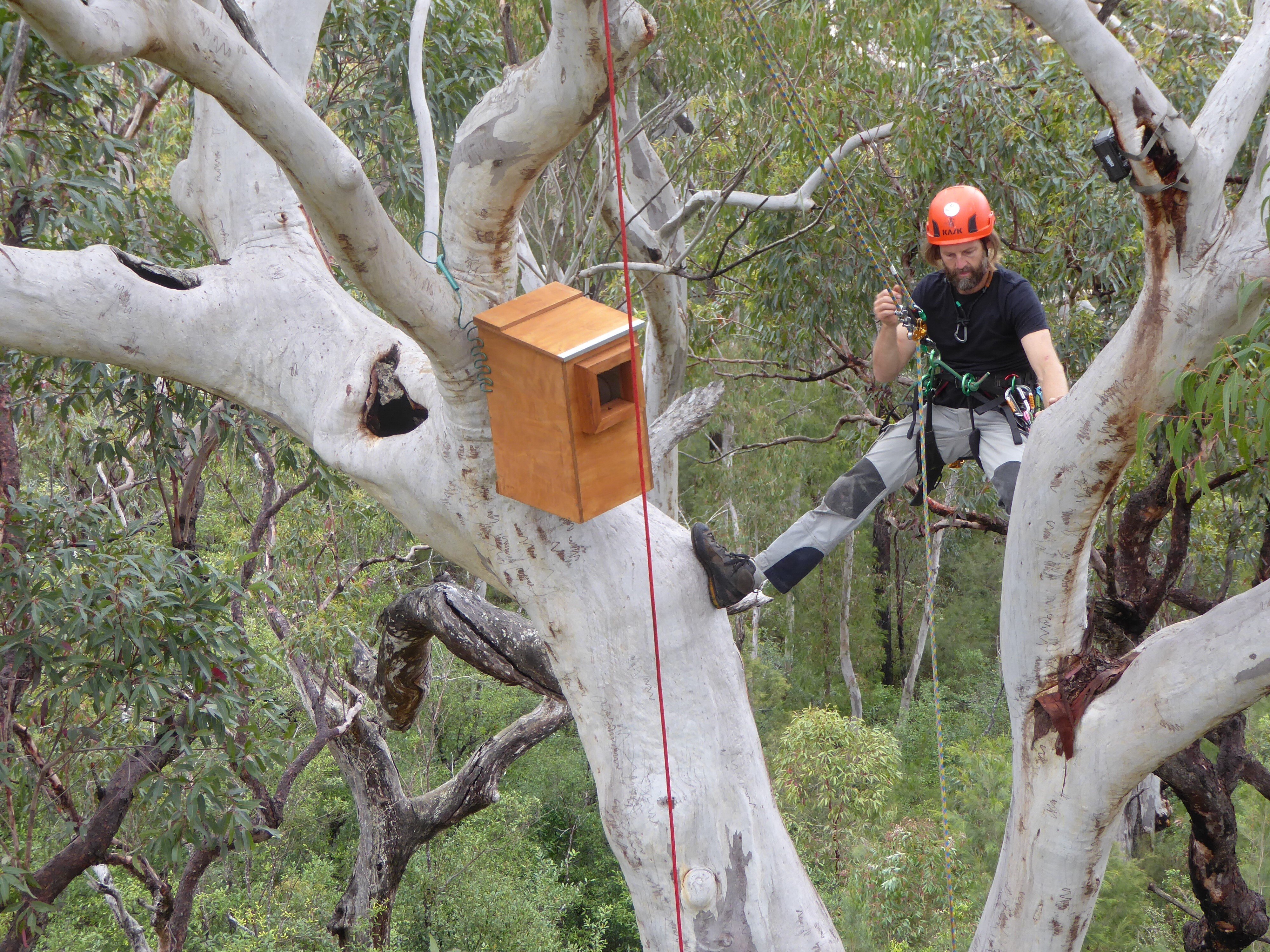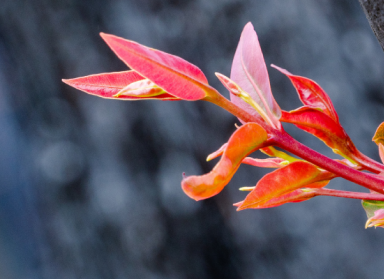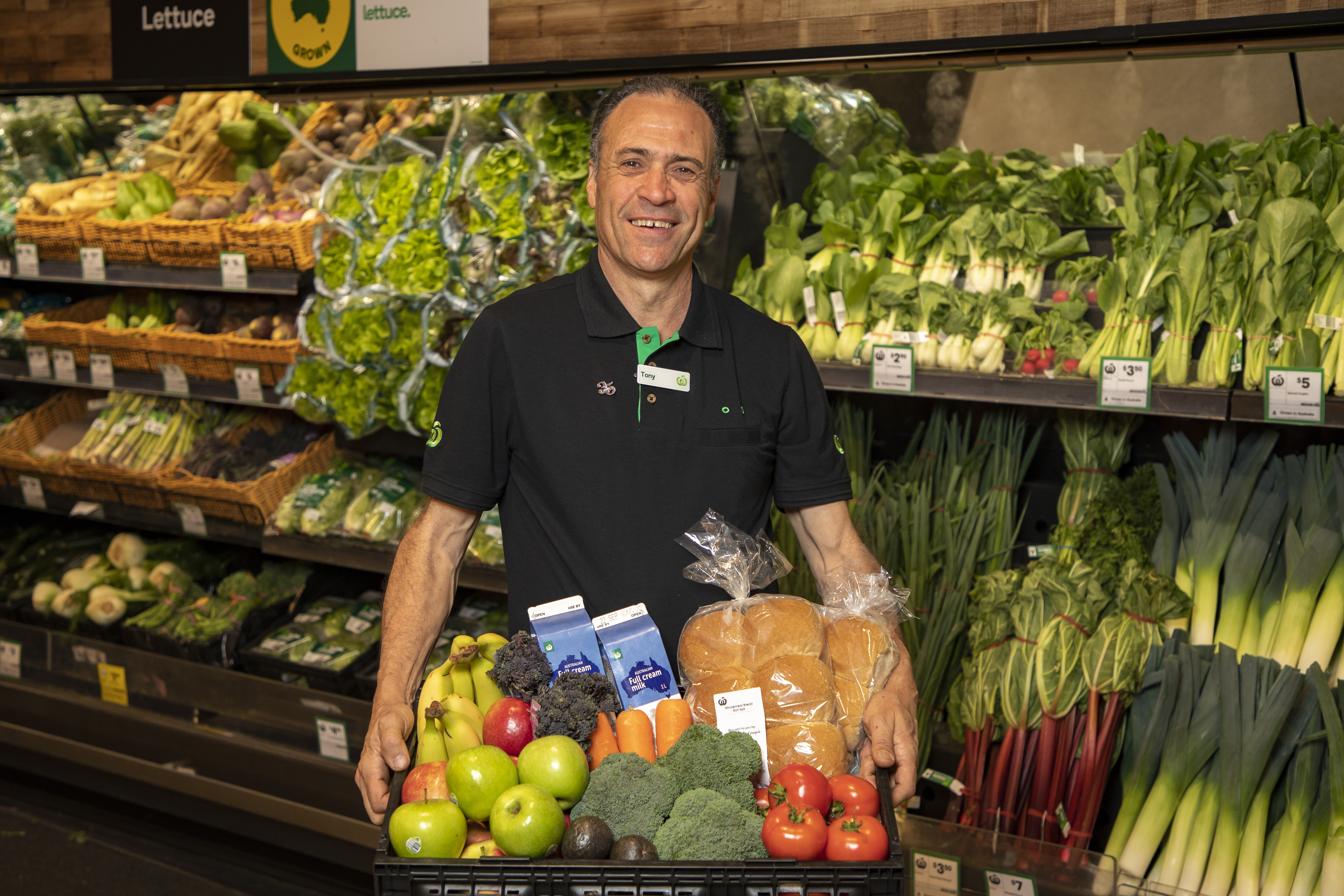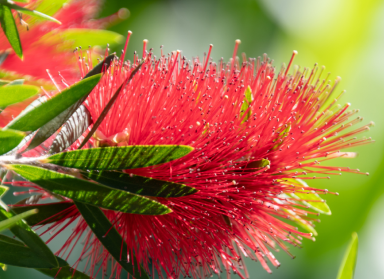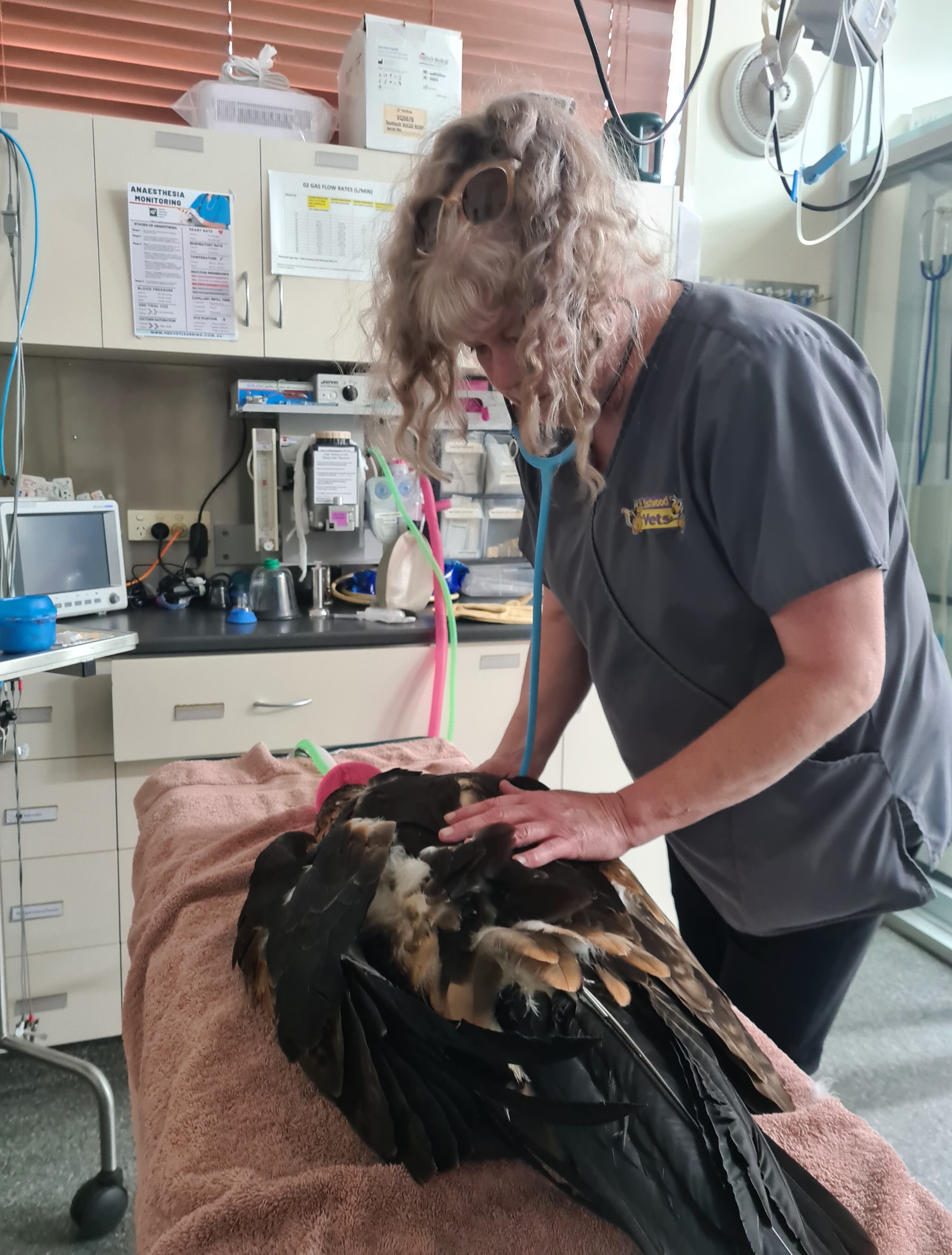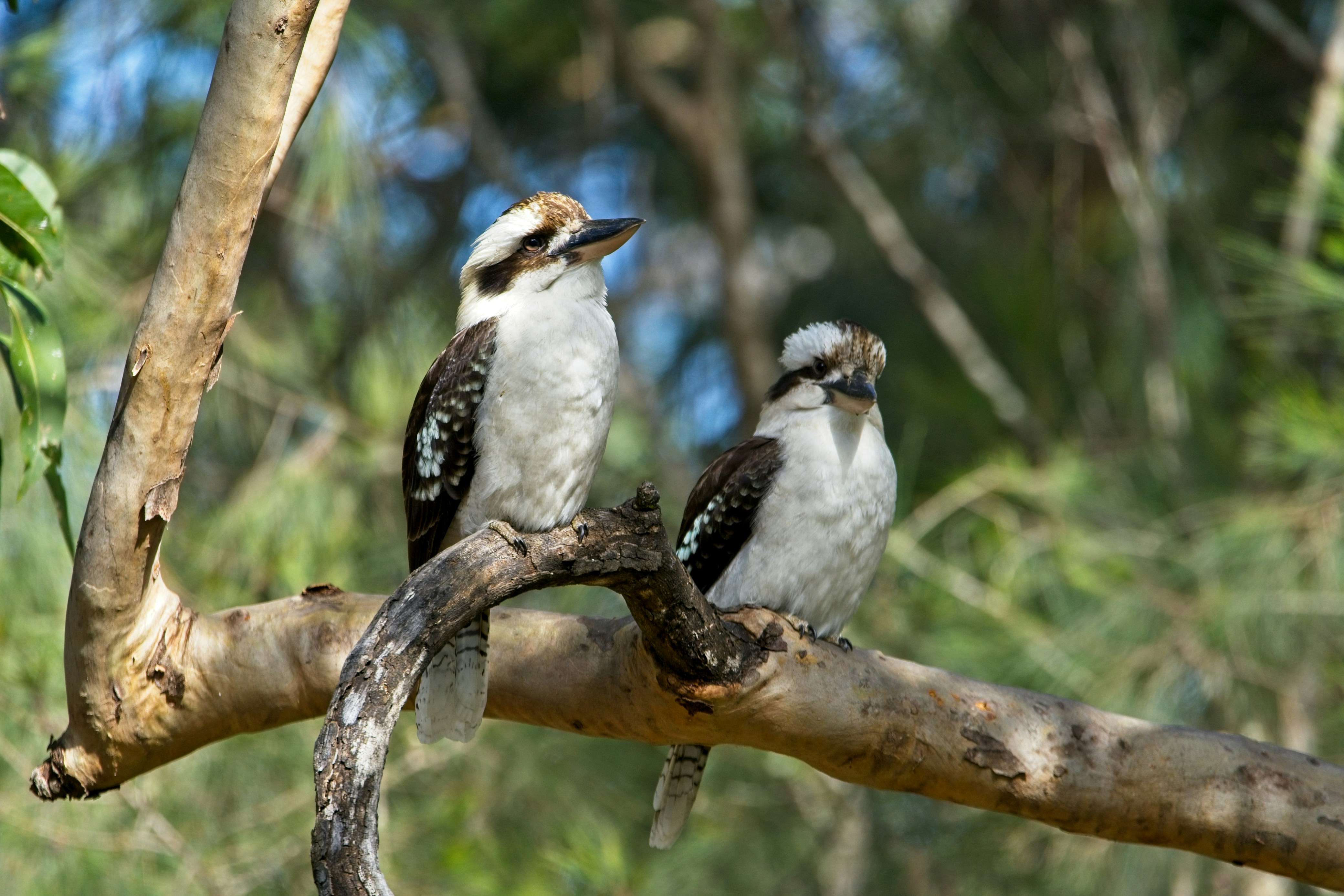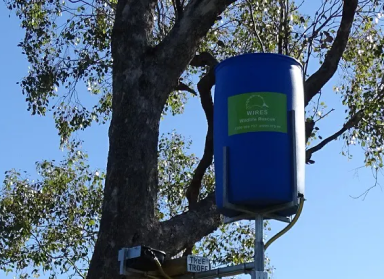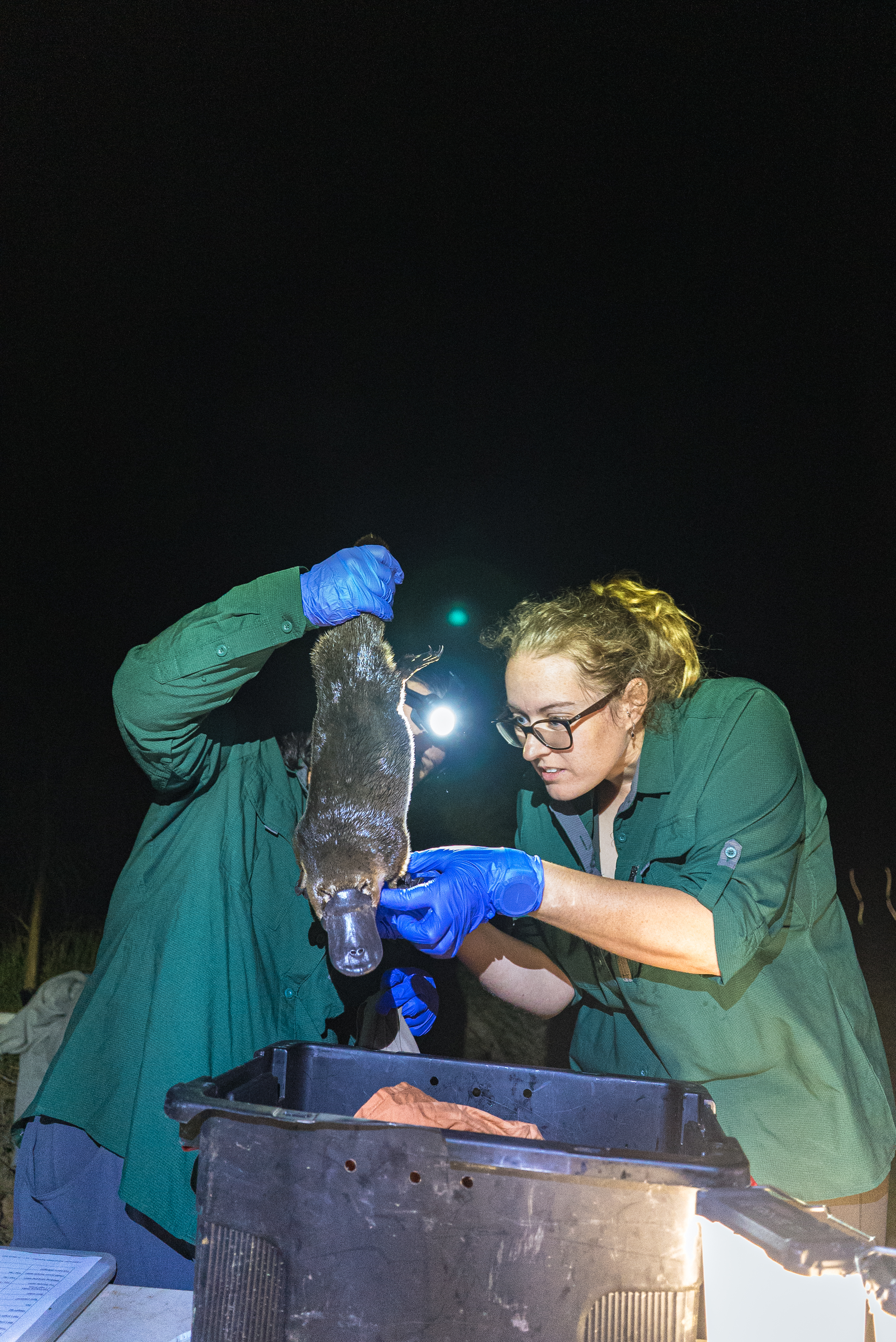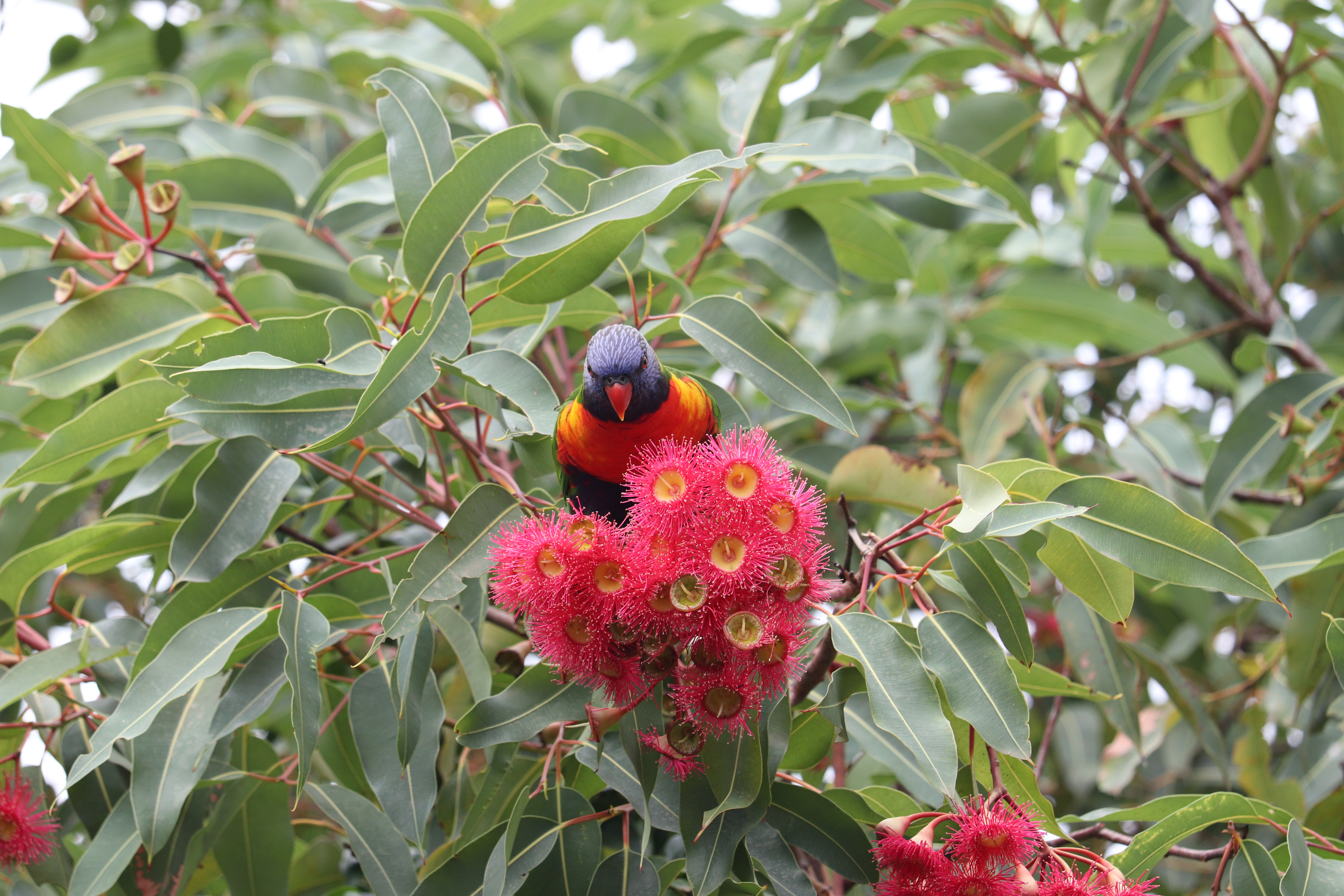WILDLIFE
PROGRAMS
- Home
- What We Do
- Wildlife Programs
Wildlife Programs
Australian wildlife has been devastated in recent years by a series of record-breaking natural disasters, including severe droughts, fires, and floods. These have compounded existing challenges for native animals including habitat loss and disease. With many native species already at risk of extinction, and scientists warning these emergency events will be experienced more frequently in future, the threats to wildlife have rapidly accelerated.
To help mitigate threats and improve long-term outcomes for native animals, WIRES is delivering programs, and partnering on projects, that utilise the expertise of, and share knowledge between, wildlife rehabilitators, researchers, conservation professionals, citizen scientists, environment organisations, government agencies, and community groups.
- All
- WIRES Box Section
National Grants Programs
WIRES began a five-year National Grants Program in 2021, committing up to $5 million to support wildlife rescue, rehabilitation, and recovery across Australia. Applications for 2025 will open mid-year.
Disaster Relief Program
WIRES established a dedicated Disaster Relief Program (DRP) to provide immediate emergency aid for wildlife groups assisting native animals impacted by major emergency events.
Food for Wildlife Program
WIRES is working closely with Woolworths to provide Food for Wildlife in care nationally, via two dedicated programs, Rescue Food and Food Support.
Wildlife FoodBank Projects
WIRES is working with councils to establish ongoing harvestable plantations of native food sources for wildlife in care.
Wildlife Research
WIRES partners with leading universities to support, and participate in, critical wildlife research.
Partner Projects
WIRES collaborates with many organisations to support various wildlife and conservation initiatives.
Systems Support
For many years WIRES has fostered partnerships with wildlife rescue organisation nationally, enhancing local rescue efforts by extending access to our systems.
Water for Wildlife
WIRES launched the Water for Wildlife project to provide long-term access to supplementary water for arboreal wildlife impacted by fires and heatwaves.
Research Grants Program
The Research Grants Program was developed to support wildlife research across Australia, focused on proposals that had tangible, positive and ideally long-term outcomes for wildlife.
- All
- WIRES Box Section
National Grants Programs
WIRES began a five-year National Grants Program in 2021, committing up to $5 million to support wildlife rescue, rehabilitation, and recovery across Australia. Applications for 2025 will open mid-year.
Disaster Relief Program
WIRES established a dedicated Disaster Relief Program (DRP) to provide immediate emergency aid for wildlife groups assisting native animals impacted by major emergency events.
Food for Wildlife Program
WIRES is working closely with Woolworths to provide Food for Wildlife in care nationally, via two dedicated programs, Rescue Food and Food Support.
Partner Projects
WIRES collaborates with many organisations to support various wildlife and conservation initiatives.
Wildlife Research
WIRES partners with leading universities to support, and participate in, critical wildlife research.
Foliage Donation Program
WIRES Foliage Donation Program - Green Giving, is a sustainable way for gardeners, landholders, arborists, landscapers, and local councils to dispose of their green waste through donating native foliage to wildlife in care.
Wildlife FoodBank Projects
WIRES is working with councils to establish ongoing harvestable plantations of native food sources for wildlife in care.
Research Grants Program
The Research Grants Program was developed to support wildlife research across Australia, focused on proposals that had tangible, positive and ideally long-term outcomes for wildlife.
Water for Wildlife
WIRES launched the Water for Wildlife project to provide long-term access to supplementary water for arboreal wildlife impacted by fires and heatwaves.
Systems Support
For many years WIRES has fostered partnerships with wildlife rescue organisation nationally, enhancing local rescue efforts by extending access to our systems.
Questions?
If you have any questions or require any further information, you can email the WIRES Projects & Grants Team at grants@wires.org.au
Title Here
The headline and subheader tells us what you're offering, and the form header closes the deal. Over here you can explain why your offer is so great it's worth filling out a form for.
‘15 Ways to Help Wildlife’
Sign up to receive our monthly eNewsletter with wildlife rescue stories and updates on our work rescuing, rehabilitating, and releasing native wildlife.

